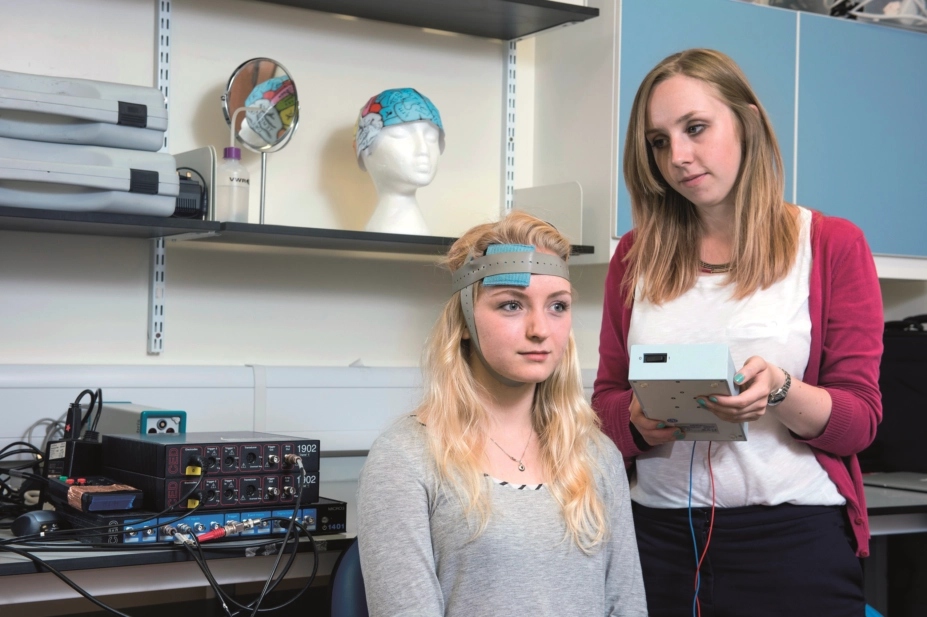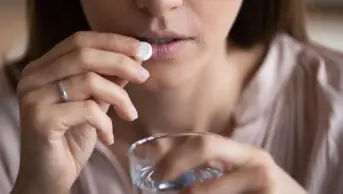
John Cairns Photography / Oxford University Images / Science Photo Library
Transcranial direct-current stimulation (tDCS) is a type of non-invasive brain stimulation that has shown efficacy in treating depression. However, it has not been directly compared with antidepressant therapy in a clinical trial.
Researchers carried out a 10-week non-inferiority trial in which they randomly assigned 245 patients with unipolar depression to tDCS only plus oral placebo, sham tDCS and escitalopram or sham tDCS and placebo. The tDCS was administered in 30-minute sessions for 15 consecutive weekdays, followed by 7 weekly treatments.
They found that while both treatments were superior to placebo, the decrease in depression was greatest in the escitalopram-only group and the difference with the tDCS-only group did not meet the criteria for non-inferiority. Furthermore, some adverse events were more common in the tDCS group, such as skin redness and tinnitus.
Reporting in the New England Journal of Medicine (29 June 2017), the researchers said that tDCS was not as effective as antidepressant therapy and cannot be recommended as first-line treatment[1]
.
References
[1] Brunoni A, Moffa A, Sampaio-Junior B et al. Trial of electrical direct-current therapy versus escitalopram for depression. N Engl J Med 2017; 376: 2523-2533. doi: 10.1056/NEJMoa1612999


